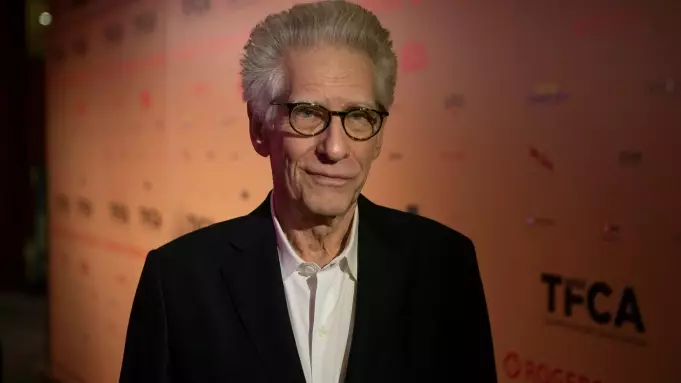The film industry, notorious for its capacity to stir controversy, is currently enveloped in a heated debate surrounding the use of artificial intelligence in productions like “The Brutalist.” Director David Cronenberg orchestrated a defense for this particular film during a recent dialogue with composer Howard Shore, asserting that there appears to be a deliberate campaign targeting it. Claims of AI being used to modify actor Adrien Brody’s accent, while not uncommon, have ignited discussions that spotlight broader implications on artistic integrity and authenticity. What is noteworthy, however, is how the integration of technology can both enhance the storytelling experience and provoke apprehension about the future of art.
The Double-Edged Sword of Technology
Technological advancements have historically been met with skepticism, especially when they cross the boundaries of traditional craftsmanship. Cronenberg pointed out that adjusting an actor’s voice is not a new concept. Directors have been doing this forever, manipulating pitch and tone to fit narrative requirements. But AI’s involvement raises questions: Does the infusion of technology undermine the core essence of human performance? Critics might argue that altering a voice with AI introduces levels of artificiality that detract from an actor’s original craft. Yet, it is also imperative to consider this technology as a tool, fostering creativity and expediting processes that might have been labor-intensive in the past. This contradiction invites a necessary and nuanced discourse on what constitutes artistic authenticity.
Industry Standards Under Scrutiny
The revelations regarding the usage of AI in “The Brutalist” have amplified conversations about what companies should be allowed to do in the name of art. D ávid Jancs ó, the film’s editor, emphasizes that the AI used to aid Hungarian dialogue is not laziness, but rather an innovative response to challenges posed by complex languages. Many would find this reasoning persuasive—after all, no one wants to compromise the narrative just because of vocal challenges. However, what stands out amidst the chatter is the need for standardized guidelines that delineate acceptable uses of technology in filmmaking. Ignoring this issue could lead to a slippery slope where the line between human performance and mechanized alteration blurs beyond recognition.
Your Voice Matters
What becomes painfully evident in discussions like these is the lack of voices from marginalized actors and film workers who could demonstrate the tangible impacts of AI usage in storytelling. While high-profile figures like Cronenberg and Corbet dominate the conversation, the concerns of lesser-known artists are overshadowed. Will the integration of AI empower a more diverse range of narratives or create new barriers for those already struggling to access opportunities?
The uproar surrounding “The Brutalist” serves not just as a spotlight on one film but as a catalyst for broader industry changes. With AI’s role in filmmaking becoming unavoidable, every filmmaker, actor, and producer has an opportunity to shape the narrative around technological integration. Unfortunately, as the backlash demonstrates, many are still uncertain about which direction that narrative should take. The industry stands at a crossroads, and the choices made now could significantly influence the evolution of storytelling for generations to come.

